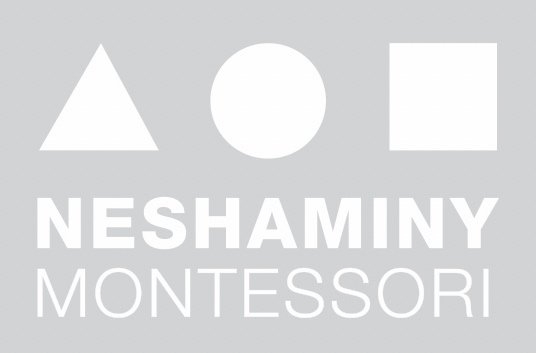PROGRAMS
PRE-PRIMARY
Designed for 2-year-old children entering into a classroom environment for the first time. Our early childhood program (also known as the “pre-primary program”) focuses on building a heightened awareness of socialization, grace, courtesy, self-calming, and recognition of the child’s individual accomplishments. As these young students learn the basics of toilet training, diapering and toileting procedures present opportunities for finding independence and practicing self-help. From the teachers’ perspectives, positive guidance, modeling and redirection are used to encourage and gain appropriate behavioral responses. Words are stated simply and positively regardless of the classroom scenario. Each child is a respected equally and viewed as valued members of our pre-primary community.
APPLY NOW
PRIMARY
Montessori’s primary program occurs throughout a three-year cycle. Children begin at three years old, graduating into the elementary program by age six. Three-year-old students are given the option of a half day to accommodate individual needs. This mixed-age setting benefits each student, primarily due to peer tutoring opportunities that naturally occur: older children model exemplary behavior, thereby motivating younger students to emulate their leadership skills. Every child participating in this learning setting gains confidence and concrete knowledge by teaching what they know well. Younger students aspire to mimic what older students can do, and how the latter sets an example for their younger peers. The benefits of collaborative learning arrangements extend beyond academic achievement. Through a classroom climate that enhances social relations we help build self-esteem and promote exemplary leadership skills.
APPLY NOW
LOWER ELEMENTARY
Intended for children between the ages of 6 and 9 years old, our Montessori Elementary classroom is a vibrant learning environment. Children discover their personal interests while also understanding their role in contribution to the classroom dynamic. The curriculum guides and shapes each child’s understanding of his/her place in the world at large. Math, geometry, grammar, language skills, geography, history, reading, and writing are just a few key components of what Dr. Montessori referred to as a “cosmic curriculum.” The Montessori curriculum guides a child through concrete materials and examples, in turn promoting an abstract way of thinking. Due to the interconnectedness of the cosmic curriculum, the students begin to increase their degree of curiosity and expand their horizons. In this classroom, children are given endless opportunities to develop necessary academic plus social skills in a manner that best suits their individual needs.



